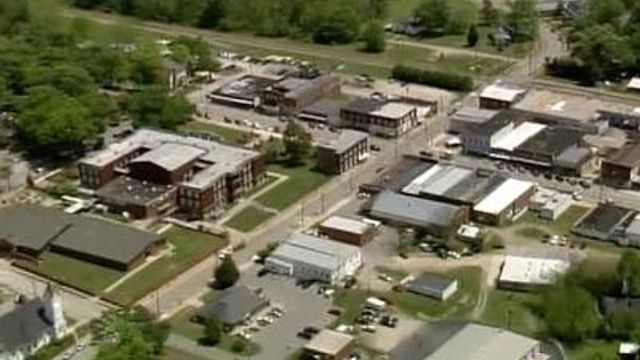Local News
Small towns concerned about high-speed rail plans
A proposal for a high-speed rail line between Washington, D.C., and Charlotte has some city officials in North Carolina concerned about its effect on small towns.
Posted — UpdatedFRANKLINTON, N.C. — A proposal to construct a high-speed rail line between Washington, D.C., and Charlotte has some city officials in North Carolina concerned about the effect it would have on small towns.
“If you look at the way this rail will run and the closures that will occur, it will essentially divide our town in half,” said Franklinton Mayor Elic Senter.
Senter said closures along Pearce, Joyner, Mason, College and Hawkins Streets would restrict how people can get around town. Though Franklinton streets don’t have much traffic, Senter said closing certain roads could change that.
“It’s really going to put a hardship on us,” Senter said.
The state Department of Transportation said it would add upgraded crossings and three pedestrian crossings in Franklinton if the high-speed rail project is approved.
About six miles away in Youngsville, town leaders said the high-speed rail service would likely force the DOT to build a bypass for N.C. Highway 96, which could reduce the city’s traffic issues.
The multibillion-dollar train would make stops in Richmond, Va., Raleigh and dozens of smaller towns. It would not make as many stops as Amtrak does now, however.
Using the rail, the estimated travel time between Raleigh and Charlotte would between two hours and two hours, 50 minutes, depending on the number of stops. A trip from Raleigh to Richmond would be about two hours. The Raleigh-to-Washington, D.C., trip would be about four hours, which could take more than an hour off the same trip in a car, depending on traffic on I-95.
High-speed rail would cost less per mile than air travel or driving, officials said.
• Credits
Copyright 2024 by Capitol Broadcasting Company. All rights reserved. This material may not be published, broadcast, rewritten or redistributed.





